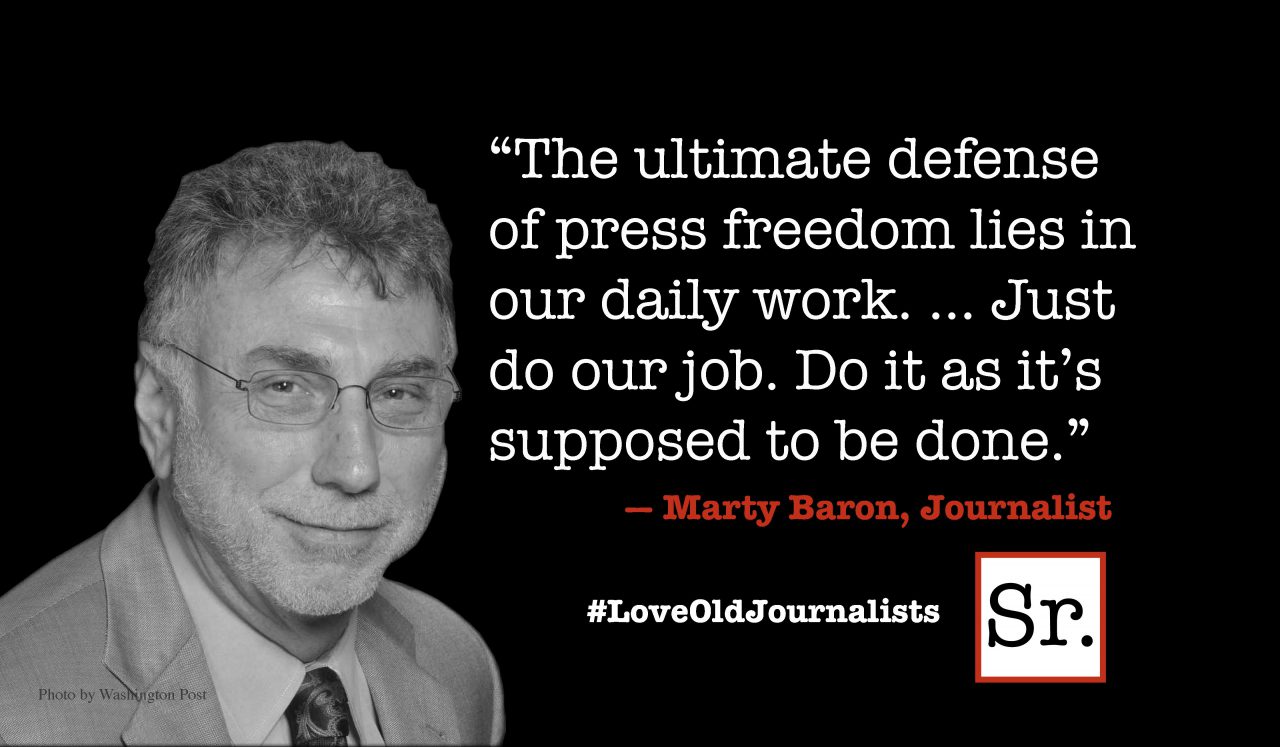I am an Aquarian which means among other things, I enjoy interacting with other people. But every once in a while I run into someone with whom I cannot get to first base, who cuts me off at “hello” or who is suspicious as if my “how are you?” was invasive and threatening.
I wasn’t always as outgoing as I am now that I’m an Octogenarian. Up to the age of thirty I was afraid to express an opinion. Early on, my older — and extremely sarcastic — sister laughed at my endeavors followed by my marriage to an emotional abuser. As a result, my independent thinking and acting were thoroughly stifled.
But now, as I’m about to turn 83, I let it all hang out and take every opportunity to mix, mingle and allow my Aquarianism to lead me wherever it wants.
All of which brings me to my father, Guy Jordan, who was stricken with infantile paralysis (polio) when he was a freshman at Yale University. He was seventeen. The disease paralyzed both his legs and although he could use crutches to stand for short periods of time, he spent the rest of his life in a wheelchair. He could have given in to being handicapped and done nothing with the rest of his life but he was first of all an assertive person and as much as his parents wanted to keep him at home protected from the stares of the rude and curious, Guy asserted himself, using the “I” pronoun to convince his parents he did not want the life they had chosen for him. He went on to become a teacher, private tutor, husband, father and sports enthusiast.
Guy was also an empathetic individual and could easily appreciate another’s point of view and/or feelings. He could readily understand his parents’ desire to protect and comfort him but he often said, “One needs to walk a mile in another’s shoes before condemning an idea, a belief or a way of life”. For those who were shocked by his handicap he would say, “I cried because my legs were useless until I met a man who had no feet.”
I learned from my father’s outlook and demeanor that asserting oneself constructively is a non-threatening approach to making your way through life that turns aggression into harmony. Using the “I” word, rather than the more challenging “you”, smooths the path to agreement.
“You” can be a challenging word. If one says, “You never see things my way," an instant gauntlet is thrown down. An assertive approach would be, “I like the idea that you are able to see another solution to the problem.” This is not only a face-saver but also clears the playing field for positive discussion.
Empathy and assertiveness are the keys that unlock many hearts and minds. They lay the groundwork for making lasting friendships and associations. The ability to walk in another’s shoes helps us understand a need the other person might not be able to express.








